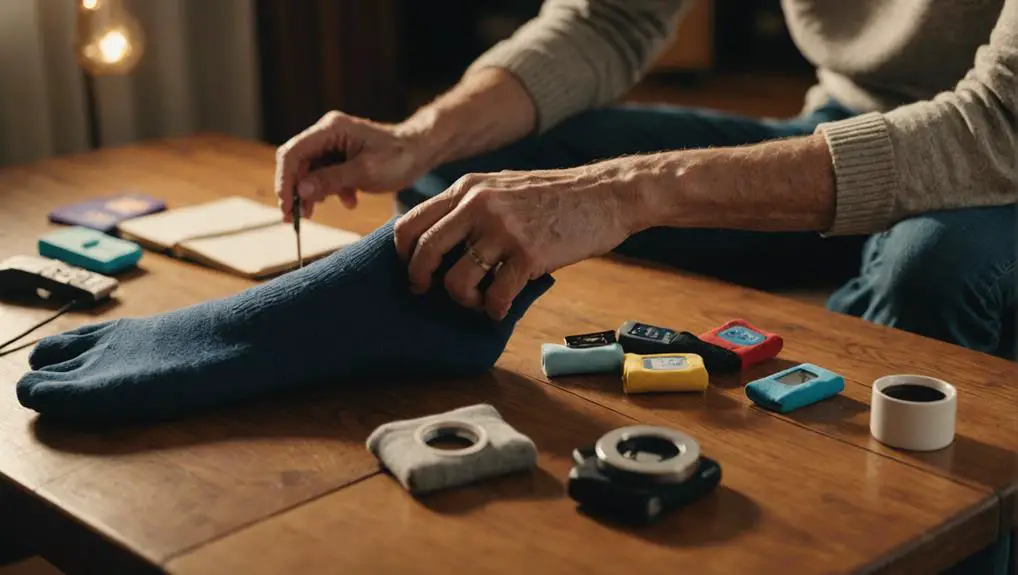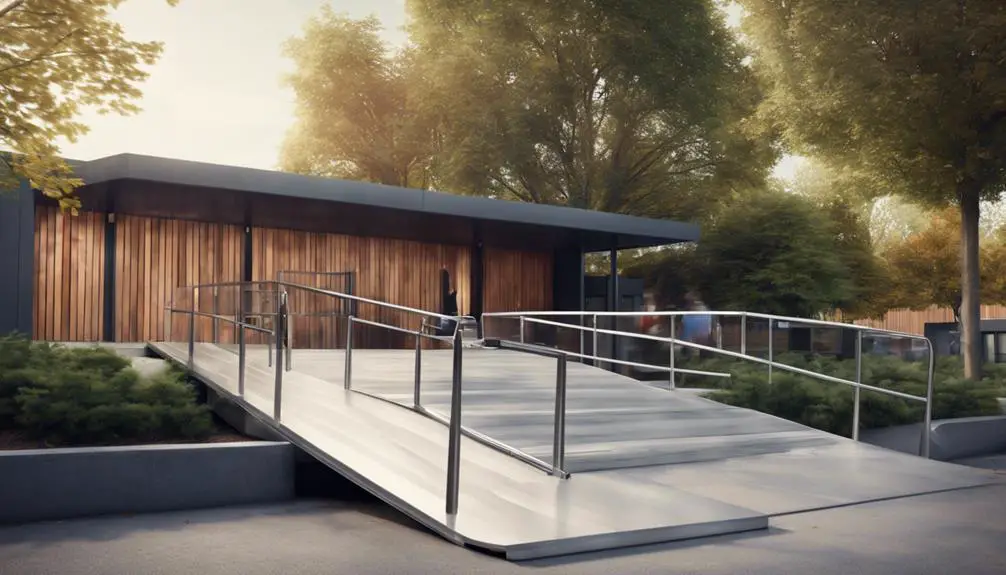Dopamine Quizlet Parkinson’s disease is a deteriorating disease induced by nerve cell deterioration in a part of the brain responsible for controlling movement. These nerve cells deteriorate or die, thus losing their capacity to create dopamine, an essential neurotransmitter.

According to studies, its symptoms appear in people who have lost at least 80 percent of their cells that produce dopamine. It’s pretty standard in all countries across the globe. It is expected that the number of people living with this Parkinson’s disease will increase by double in 15 of the major countries in the coming years.
Here is a related article that might interest you on Which Is Worse: Parkinson’s And Huntington’s.
The symptoms of this disease usually start slowly and worsen with time. People with this disease might have difficulties moving, walking, and speaking as the condition develops. They might develop mental and behavioral changes, sleep issues, memory problems, depression, and exhaustion.
Table of Contents
What Is Dopamine Quizlet Parkinsons Disease?
Causes:
The cause of Dopamine Quizlet Parkinson’s disease is mostly unclear. Nevertheless, oxidative stress, environmental pollutants, genetics, and accelerated aging have been proposed as possible causes of the condition.
Research revealed that a single mutation in a gene causes this disease, which is considered the cause of 5 percent of hereditary cases.
For the people who get the condition at an early age, certain genetic defects have been seen to cause the disease. Manganese, carbon disulfide, carbon monoxide, and several other pesticides are examples of environmental poisons that might induce the disease.
The increasing weakening or degeneration of neurons (nerve cells) in a brain region causes Parkinson’s disease.
Dopamine is a crucial brain substance produced by neurons that acts as a chemical messenger facilitating communication across brain regions. It helps in coordinating the nerve and muscle cells that take part in the movement of our body by working in a careful balance with other neurotransmitters.
This balance is disturbed when deficient dopamine results in tremors, rigidity, slow movement, and poor balance and coordination. In other words, a lack of dopamine causes improper nerve activity, resulting in a loss of the capacity to regulate bodily movements, which is one of Parkinson’s defining symptoms.
Risk Factors:
Although everyone can be affected by Dopamine Quizlet Parkinson’s disease, studies imply that men are males are more affected than females. Although the reason behind this finding, research is underway to determine what characteristics can enhance the risk of getting the disease.
Another obvious risk is old age. Even though most persons with Parkinson’s disease get the condition beyond 60 years, at least 5 percent have it before reaching 50 years of age. In most cases, Parkinson’s disease is passed through generations, and certain variations of the disease have been related to the alteration of a particular gene.
Symptoms
- Tremors and spontaneous movements of the hands, arms, legs, and jaw.
- Stiff or tight muscles, mainly in the hands, arms, shoulders, and neck
- A slumped, flexed posture with bent knees, elbows, and hips.
- Lower mental capacity or reaction time, voice changes, facial emotions, and other effects of gradual loss of physical movements are expected.
- Gradual loss of automatic movement might reduce blinking and swallowing and increase drooling.
- An unsteady balance or walk
- Dementia or depression
Diagnosis
There aren’t any blood or laboratory tests available to diagnose Parkinson’s disease in patients. Doctors often diagnose the condition by reviewing a patient’s medical history and conducting a neurological exam.
If their symptoms disappear after taking treatment, it is also a sign that they have Parkinson’s.
Several other disorders have similar symptoms yet need other treatments. Thus getting the correct is critical.
Also, make sure to check out my post on When Did Michael J. Fox Get Parkinsons?
Although many diseases might first be misdiagnosed as Parkinson’s disease, specific medical testing and pharmacological therapy response might assist in determining the case correctly.
Medical Treatment

Most people with Parkinson’s are given medicines to help them cope with their symptoms. These balance the chemicals in the patient’s brain by stimulating the substantia nigra’s cells to make more dopamine or preventing some of the produced acetylcholine.
However, the patient must coordinate directly with the doctor to closely develop a specific treatment strategy. The intensity of side effects is almost entirely different based on the patient and the medicine used.
Some of the widely-used treatments for the Parkinson’s disease are as follows:
Levodopa
Levodopa crosses the blood-brain barrier and is transformed into dopamine inside the brain. For most patients, it decreases the symptoms of stiffness, tremors, and slow movements.
Dopamine Agonists
These medications act as chemical messengers within the brain, which causes the neurons to respond as they do to dopamine. These are often prescribed with levodopa and are helpful during the disorder’s early stages.
Surgery
If none of the possible medications works for a person, they are suggested to get surgery. For this, neurosurgeons drill a tiny hole in the brain and make small lesions by high-frequency radio waves inside the structures or even implant a brain-stimulating electrode, all of which help relieve Parkinson’s symptoms.
Conclusion
Dopamine quizzle Parkinson disease deteriorates the motor activities slowly. An early diagnosis can save the person a lot of trouble.

Hi, my name is Eddie, I am a professional trainer specializing in the elderly population and I’m also a website designer. I love training in the gym, going to the beach, traveling, and having good food.
I combined my love for sport and website designing to make “DisabilitEase” whose purpose is to help elderly and disabled people live a more full and active life, have more fun, and enjoy their unique journey despite any disability.


